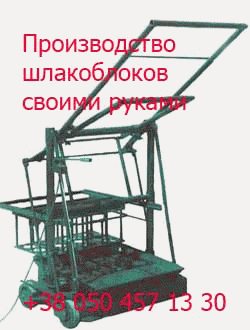In ore refining, the flocculating or suspending properties of animal glues, which depend on the relative electrical charges, are used to separate valuable metal-containing ores, including uranium, zinc, lead, and others, from base materials such as clay. The glue acts as a protective colloid (floc stabilizer) to inhibit precipitation or ‘‘sanding out’’ of fines during leaching, and as a flocculent to aid settling of fines and subsequent filtration.
Animal glues are used in the electrolytic refining and winning of such metals as copper, zinc, lead, tin, gold, and silver. Electrorefining is a process where metal is dissolved from an anode containing impurities, and replated on a cathode. In electrowinning, the metal is recovered from solution by deposition on a cathode. Glue is added at a level of 0.03 to
0. 15% to the acid electrolyte solution and produces a uniform high current density, resulting in the production of a smooth, dense cathode deposit in which nodular growths, spines, and needle growths, which can ultimately short circuit the electrolytic cell, are avoided.
 28 июля, 2015
28 июля, 2015  Malyar
Malyar  Опубликовано в рубрике
Опубликовано в рубрике 